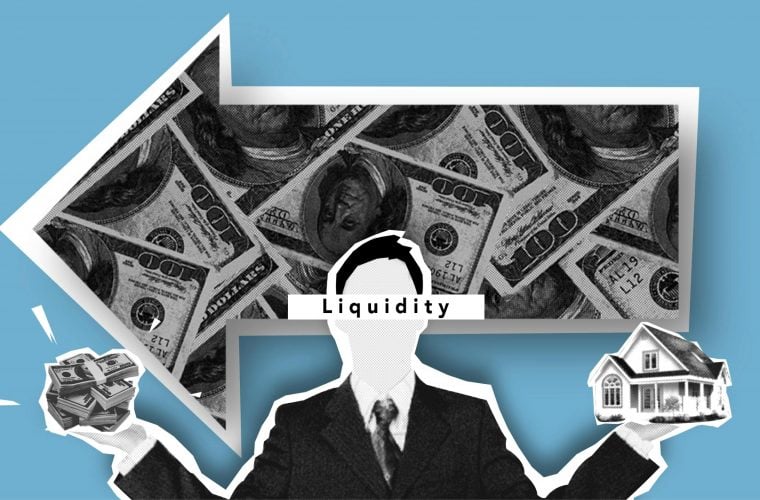
The Five Best Financing Options for Retail Businesses
There are a variety of financing options available to you as a retail business. These loans can be used for general expenses, real estate purchases, or just to cover a gap in your cash flow. Only you know your specific needs, but this article will help familiarize you with the top five financing options for your retail business.
SBA Loans
SBA loans are loans backed by the Federal Government. SBA stands for Small Business Administration which is the government organization that partially guarantees the loan. An SBA loan is issued by a private lender, the private institution or bank must then apply with the SBA for a loan guarantee. These loans are sought after for their competitive interest rates, flexible terms, and government-backed appeal to lenders. However, they come with tight standards and strict eligibility requirements.
The two most popular types of SBA loans are an SBA 7(a) and an SBA 504/CDC. An SBA 7(a) loan can be used to help with a business real estate purchase, but it can also provide you with cash to use as working capital, to refinance debt, or as funds for purchasing supplies.
SBA 504/CDC loans are ideal for real estate purchases. This loan was designed for fixed asset investment, like the purchase or construction of a new store. If you qualify, SBA loans can be quite helpful.
Term Loans
Business term loans can either be short-term or long-term. These loans can provide you with funds of up to $500,000 in a lump payout. They can be excellent for when you are in a pinch, such as needing to make payroll or dealing with an emergency repair. Short-term loans generally have a loan term of less than a year. Long-term loans can have repayment dates that fall ten years after the disbursement date.
These loans are sometimes only eligible to businesses that have been in operation for two years or more. They can also require you to have good credit history and sometimes to offer up collateral. Term loans are ideal for retail businesses looking to take out a large one-time loan.
Merchant Cash Advance
A merchant cash advance is very similar to a consumer payday loan. Like a consumer payday loan, they don’t have as strict eligibility requirements and are easy to apply for. According to GreenStarCash.com, consumer payday loans and business cash advances have similar funding times, usually within 24-48 hours. Though merchant cash advances are offered only to businesses.
The advance offered is based on your business’s credit card sales. A percentage of your daily credit card sales is used towards your repayment. These loans can be beneficial because if your sales are lower from one day to the next, the amount taken for repayment by the lender will also be less. However, because of the volatility of projected sales, merchant cash advances can come with higher interest rates.
Business Line Of Credit
If you are looking for a more flexible option, a business line of credit can provide you with money only when you need it. Much like consumer credit cards, a business line of credit allows you to pay for costs as they arise, and then only pay interest on what you owe. However, like a conventional loan, you still apply through a lender for a specified amount.
While a business line of credit is versatile and works to build your business’s credit, they can have a rigorous application process and their charges and fees vary from lender to lender.
Equipment Financing or Inventory Financing
If you have specific needs, such as buying inventory to stock your shelves or equipping your facility with new machinery, you may want to apply for a particular financing loan.
Equipment financing loans can cover you for machine purchases, automobiles, or even technology. As your equipment serves as collateral, these loans are considered self-secured. However, keep in mind that your equipment will depreciate and you don’t want to be paying on a loan after your machinery reaches the end of its lifespan.
Inventory loans are very similar, except for the money lent is used to pay for whatever type of items you sell. This inventory acts as your loan collateral, meaning you don’t have to offer up or spend anything additional. However, they can be somewhat tricky to secure as large financial institutions tend to only work with major retailers.
Which Loan is Right For Your Retail Business?
Take time to consider your specific needs and your likelihood of qualifying when you are thinking about applying for a financing option for your retail business. All options may not be open to you depending on your years in operation, credit history, and sales. You may also want to examine the associated interest rates and fees. With a little research and thought, you should be able to decide on the best financing route for your retail business.














